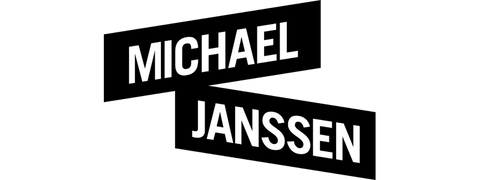Press Release ( Download: DE / EN )
Galerie Michael Janssen is proud to present its first solo show with Japanese artist Aiko Tezuka entitled Rewoven. In January 2013 her works were shown in the Künstlerhaus Bethanien in Berlin in a solo exhibition.
Tezuka studied classical painting and her artistic expression derives from the tradition of painting. Her works resemble physically collapsed paintings in which the picture plane is re-interpreted as three-dimensional entities. Her practice is based on fabrics and for her works she uses among others Gobelin tapestries, Indian fabrics and old tablecloths.
Ancient fabrics such as Coptic Egyptian textiles, Renaissance tapestry and 8th century Japanese embroidered silk fascinate Tezuka. Particularly the fact that it is apparently impossible to remake some ancient Japanese fabrics today, even if one were to use the latest technologies available.
Nowadays fabrics are usually directed towards an end product such as clothes and furnishings; however, Tezuka has a different view of fabrics. She dissects them according to their own principle – the thread. Pervading her creative processes are techniques and rules that she has developed over time: untying and unwinding fabric. In a painstaking process she extracts certain colored threads from the fabrics by hand so that their motifs fade out into blurred images. Through this deconstruction process she reveals invisible narratives; unravels and recomposes structures hidden within the material. In some of her works she reconnects the threads again by re-using them for her own stitchings; re-engaging the material and making new work out of them.
Tezuka was influenced by the Japanese Post Mono-ha movement: an important group of Japanese sculptors in the 1980’s that took the elemental materials, Zen-like aesthetic and primal forces such as fire, as used by the Mono-ha movement, but added artistic process. Carving, burning, construction and coloring the work added an additional layer and reinserted the hand of the artist back into sculpture. The work of Marina Abramovic, Louise Bourgeois and Korean artist Kimsooja, are also important references for her work.
In her work she engages with the meaning of fabric, its cultural heritage, its designs, the origin of motifs and the globalised market of industrial productions.
The title of the exhibition was taken from one of her earlier works that received a prize in the painting competition at the Ueno Royal Museum in Tokyo. This key work from 2005 focuses on the underlying structure that establishes a painting’s surface: the canvas. She unraveled parts of two different patterned fabrics stretched on stretcher bars and wove strands of each together to create a new pattern. In it, Tezuka reduces painting to its structural elements, pushing these to the level of artistic expression and created a work that raises questions about painting’s reason for being.
In Suspended Organs (reactor) - the centerpiece of the exhibition - Tezuka drew warps of threads of a specific color from meter-long lengths of cloth until they formed a heap on the floor; she then used those single threads on an embroidery frame stretched with transparent fabric. The embroidery shows abstracted organs and circulatory systems of the human body, malformed or deformed by illness. Here, Tezuka’s prime interest lies with the process of de- and reconstruction, and the breaking up of customary narrative structures in order to find a new way of contemplating the subjective essence of time and the processes of transformation that start out from it.




Aiko Tezuka, Rewoven, Installation views, Galerie Michael Janssen, Berlin, 2013

